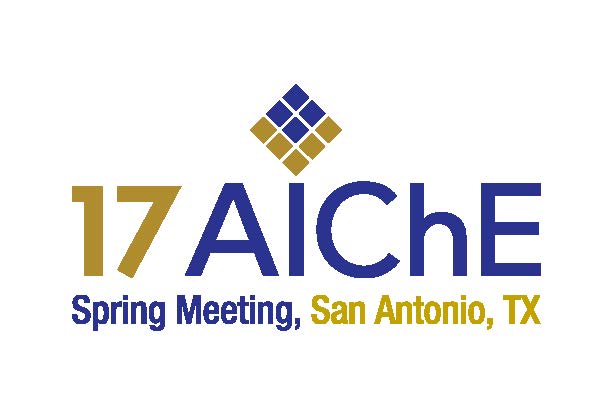

We will present data on the removal of sulfur species (such as carbonyl sulfide [COS], mercaptans [R–SH] and thiophenes [C4RxH4-xS]) from various hydrocarbon streams that have proven too challenging for the existing technologies. Currently, these sulfur species end up as sources of sulfur during processing and in final products. MATHESON and SulfaTrap™ desulfurization products are capable of removing the sulfur species in either gas or liquid phase hydrocarbons. We will describe the results of treating a range of feed-stocks with different compositions (e.g., different hydrocarbon content, moisture level, oxygen and carbon dioxide concentration, etc.). In addition we will explain the technical and economic benefits that can be achieved by implementing these products in the refining and chemicals industries.
Preview Presentation
Presenter(s)
Language
Pricing
Individuals
| AIChE Member Credits | 0.5 |
| AIChE Pro Members | $19.00 |
| Fuels and Petrochemicals Division Members | Free |
| AIChE Graduate Student Members | Free |
| AIChE Undergraduate Student Members | Free |
| AIChE Explorer Members | $29.00 |
| Non-Members | $29.00 |
